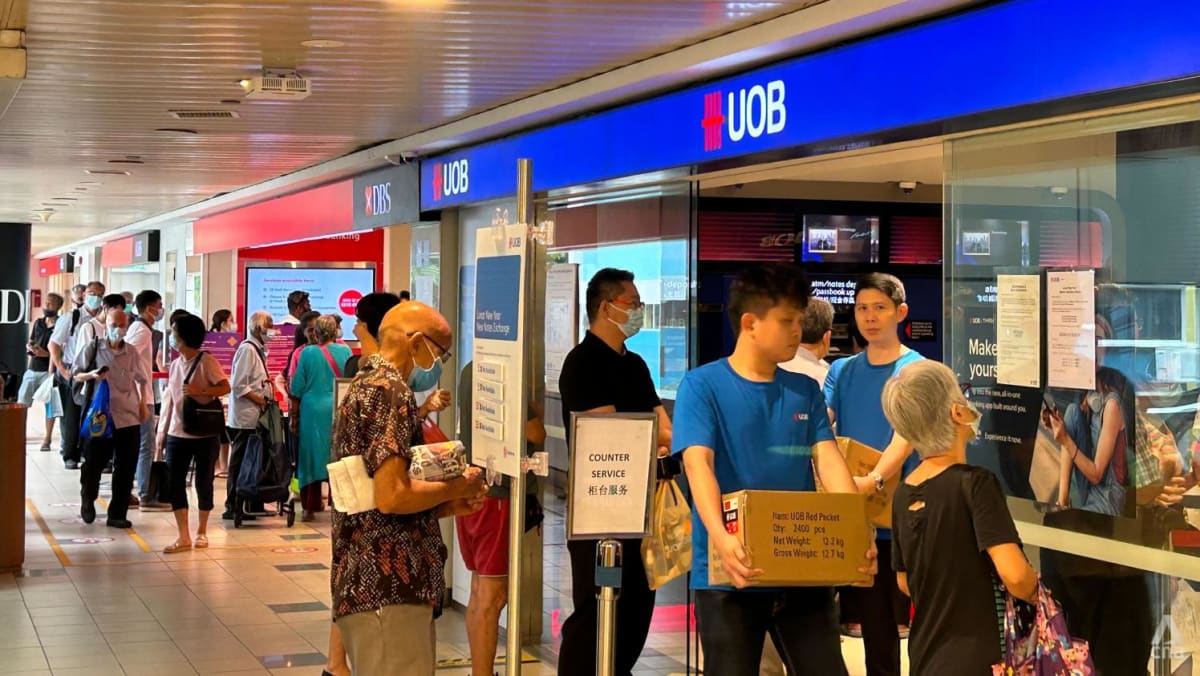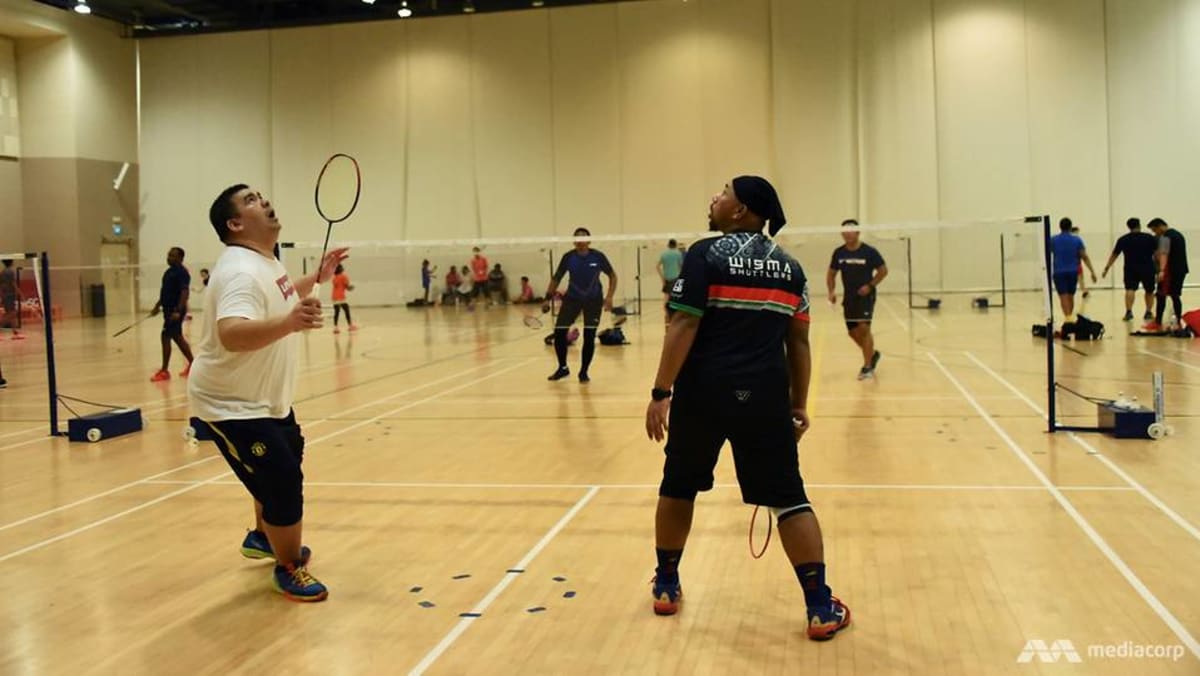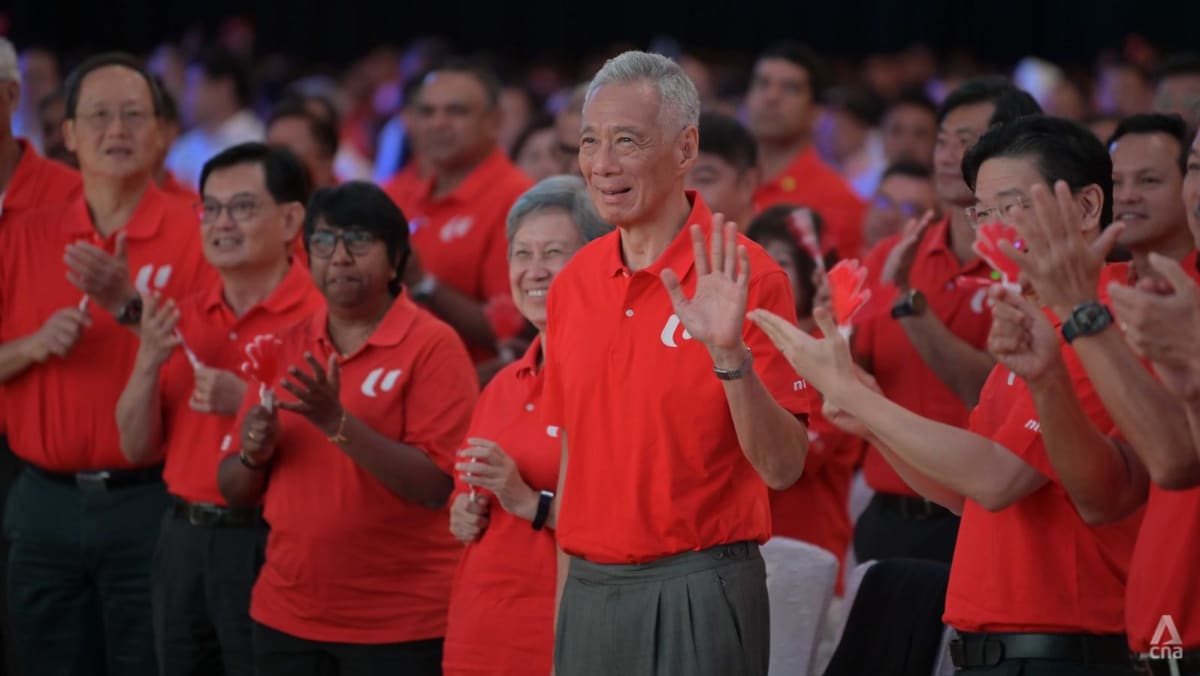What if parents or immediate family cannot provide support or continue to be the source of trauma, for example, in cases of child abuse or ill-treatment?
In such cases, professional agencies such as Family Service Centres and the Child Protective Service under the Ministry of Social and Family Development will work with other adults in the child’s life to establish safety, Mr Heng said.
He added: “Having someone who trusts in you, who tells you that whatever negative things that have happened is not your fault, that you are safe, are loved and wanted, that you belong, are good enough and that the future is hopeful.
“These messages help ground a child and give them an opportunity to develop healthily and thrive in spite of their adverse childhood experiences.”
For example, at Sunbeam Place, the residential care workers are parental figures for many of the young residents. Not only do they provide care, they also gently guide them to correct their mistakes using “teachable moments”.
Mr Heng illustrated how it often takes a village to support traumatised children: An eight-year-old was referred to Sunbeam Place after prolonged harsh physical punishment and emotional rejection by her parents.
When she was first admitted, her intense emotional and behavioural outbursts often meant that she was biting, punching and scratching the staff members.
A group people were roped in to give the necessary support: A psychologist, residential care workers, a child development team and social workers.
“Currently, the teenager (now aged 14) is thriving in secondary school and is vice-captain for her sports co-curricular activity. She copes well with distress and relational conflicts, using her preferred emotional regulation strategies,” Mr Heng said.
“She also encourages and takes care of younger residents (at Sunbeam Place)who struggle with managing their difficult emotions because they remind her of her younger self.
“Most importantly, she is going home to her family in the next few months because both the professionals and her family have expressed confidence in a safe and stable reunification.”
Referring to Singapore Children’s Society’s research, Mr Heng said that when children who perceived that they had no one or only a few people whom they can turn to for emotional support, those who were exposed to more adverse childhood experiences had more of what is known as “internalising problems”, which are the feelings that develop internally such as anxiety, social withdrawal and depression.
When they perceived that they had more people to turn to, they were less likely to experience these feelings.
WHAT OTHER PROGRAMMES OR HELP ARE AVAILABLE
In Singapore, various programmes are in place to support traumatised children. The following are just a few of them.
1. INSTITUTE OF MENTAL HEALTH
- Friends at the Child Guidance Clinic works with schools, the police, social service organisations, the Ministry of Social and Family Development and other agencies to support children and youth. They include young offenders, youth-at-risk, child abuse victims and families involved in complex custody and access disputes
- The Resilience Programme workshops help children with parents who have a psychiatric illness develop resilience and understand what mental health is. They also learn skills to manage the everyday challenges they face at home
2. SINGAPORE CHILDREN’S SOCIETY
- The society makes a concerted effort to use a trauma-informed approach to support children with adverse childhood experiences and their families
- Its practitioners are trained to carry out a psychosocial programme called Be The Light, developed by psychosocial trauma support services at KK Women’s and Children’s Hospital (KKH) to support children and caregivers after a traumatic event
Ms Ang Jia Yi, a counsellor at Yishun Family Service under the Singapore Children’s Society, said: “The aim is to reduce the likelihood of individuals developing more severe distress and trauma symptoms. The majority of them return to normalcy with adequate support.”
3. KK WOMEN’S AND CHILDREN’S HOSPITAL
- In 2019, KKH started a home visitation pilot programme called Anchor with the partnership of Temasek Foundation to support children under the age of four who are exposed to adverse childhood experiences. As of February this year, more than 160 children have been enrolled in the programme
- The programme is fully funded by Temasek Foundation, the charitable arm of state investor Temasek Holdings, and is also voluntary, which means that parental consent is obtained before a child is enrolled
- Children are referred to the Anchor programme if they are:
– Under the age of four and seen in KKH for suspected non-accidental injuries
– The child’s sibling who is also under the age of four and living in the same household
Dr Yeleswarapu Padmini, senior consultant with KKH’s department of child development, said: “(Information on) the history of non-accidental injuries could come from one of the parents, community agency supporting the family or from preschool if they have identified any signs and symptoms suggestive of any non-accidental injuries.
“At the same time, a detailed evaluation of the child and information gathered by the medical social worker as part of the social evaluation would also be considered.”
Dr Padmini added that children who are exposed to adverse childhood experiences often come from families that have competing needs. These may include financial concerns or the child’s caregiver could have mental health ailments.
One of the advantages of receiving help through the Anchor programme is that the interventions are carried out in the family’s home.
The team — consisting of various professionals — comes up with individualised plans to address the specific challenges that the child and family have.
For example, children exposed to a significant traumatic event will get support from a psychologist who can provide more trauma-focused interventions.
For children with health or developmental problems, they will be supported by paediatricians and allied health professionals.
WHY SUPPORTING CHILD’S FAMILY IS ALSO IMPORTANT
Ms Ng from IMH said that humans are innately wired to seek connection and learn about themselves, others and the world through the eyes of their early caregivers.
“If a child can rely on safe, reliable caregivers to meet their needs, they develop a mental model of the world as a safe place.
“This perception of a secure base allows them to explore the world with confidence, develop healthy relationships, manage setbacks effectively and so on,” she explained.
Understanding the impact of adverse childhood experiences and the struggles that families face spurred Morning Star Community Services to launch a free evening “drop-in” service in 2016.
The child may be dropped off at the centre where it runs its CareNights programme, which supports lower-income families in need who require care for their children on weekday nights.
This gives parents time at night for work or to take courses to improve their skills. This also allows them to get a respite for families going through a difficult time such as those undergoing divorce or attending to critically ill family members.
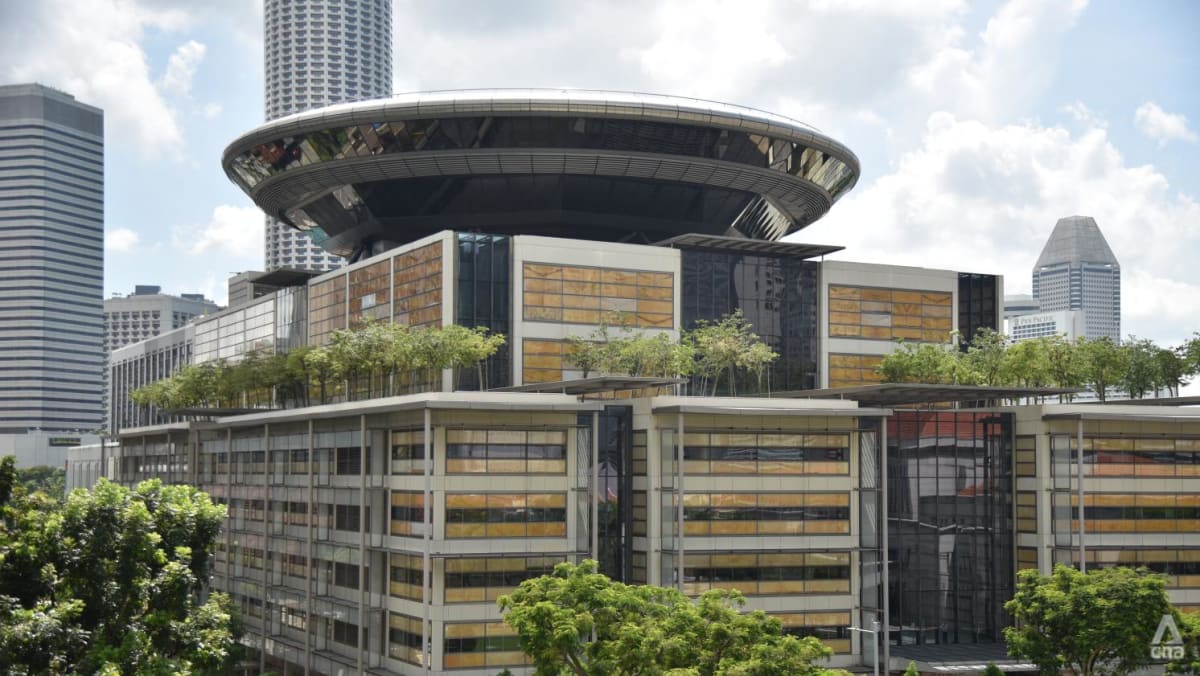




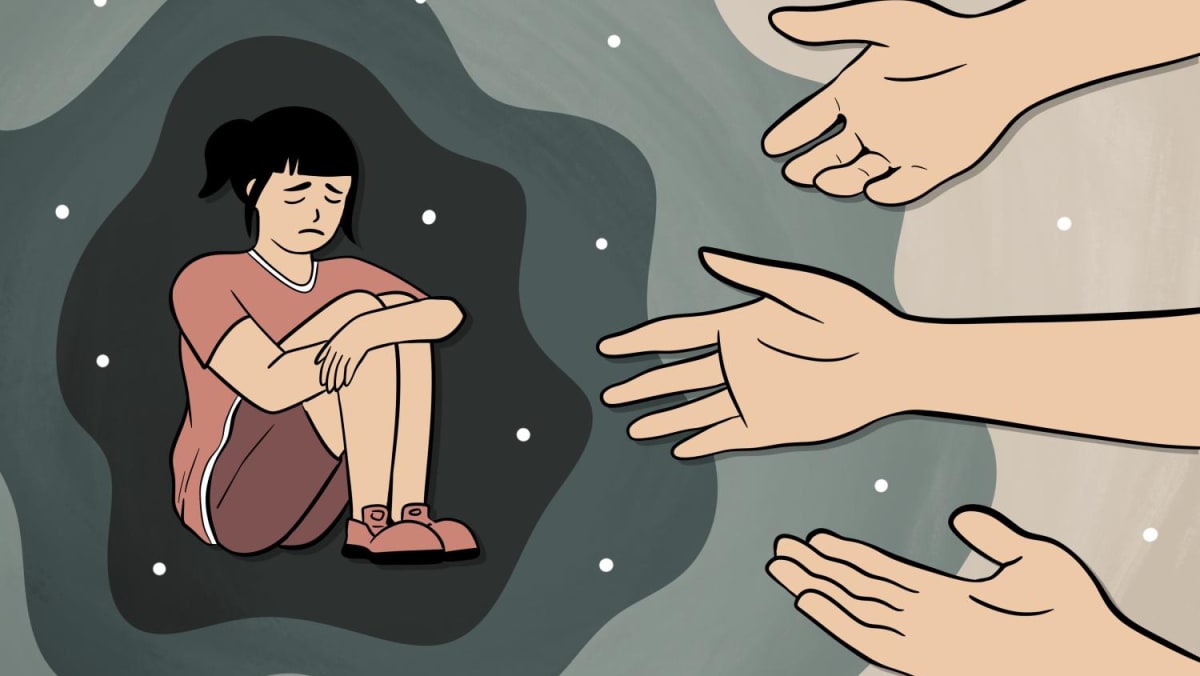

.jpg?itok=-PYTzXLW)

